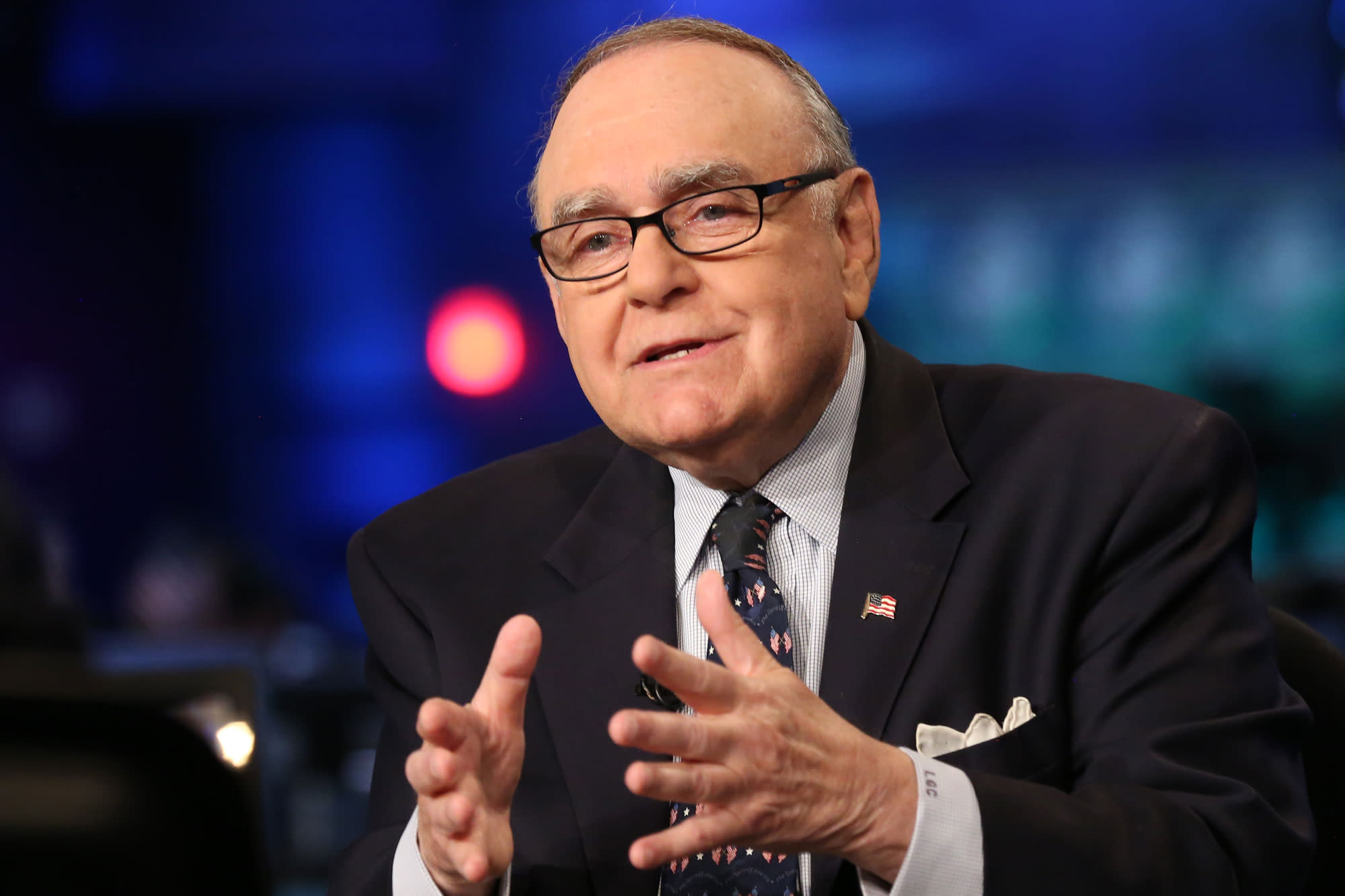This post was originally published on this site

Billionaire investor Leon Cooperman told CNBC on Monday the U.S. government should offer financial assistance to companies struggling with the economic effects of the coronavirus pandemic.
“If the government lets all these companies go bankrupt and they do disgorge labor, the government is going to have to basically pay a lot of unemployment benefits,” Cooperman said on “Fast Money Halftime Report.”
“Instead, they make low-interest rate or interest-free loans to these companies that are experiencing [a] liquidity crisis, the companies fix themselves up and they come back.”
Cooperman was responding to viral comments made last week on CNBC by venture capitalist Chamath Palihapitiya, who said the U.S. government should not bail out billionaires and hedge funds as part of its response to the pandemic.
“On Main Street today, people are getting wiped out. Right now, rich CEOs are not, boards that have horrible governance are not. People are,” Palihapitiya argued.
For example, Palihapitiya said he would let airlines go bankrupt, arguing that companies usually do not fire employees as they enter bankruptcy proceedings. The Social Capital CEO and early Facebook executive contended that speculators and equity holders, not employees, are the ones who get “wiped out.”
Cooperman rebutted the suggestion that employees would not get hurt if their company went bankrupt. If that happened, Cooperman said, the government would be paying a “different form of subsidy” through unemployment insurance.
“To the extent that they’re helping these companies through a difficult period, they avoid the huge surge in unemployment and they will get a return on their investment,” said Cooperman, who noted that the government’s rescue AIG and Chrysler during the 2008 financial crisis proved to be beneficial.
“The world’s better off because Chrysler survived. The world’s better off because AIG survived and they survived because of government assistance,” he said.
Cooperman — founder the Omega Advisors investment firm, which he turned into a family office at the end of 2018 — said he thought there was a difference between insolvent companies and companies facing a liquidity crunch as a result of the coronavirus pandemic.
“Insolvent companies should be allowed to go bankrupt,” he said.
But for many companies that have seen revenues collapse as the U.S. took steps to stop the spread of Covid-19, the situation is more complex, Cooperman said.
“The government is the lender of last resort. That’s a more preferred outcome than basically letting guys go bankrupt when something so totally unforeseen occurred,” he said.


